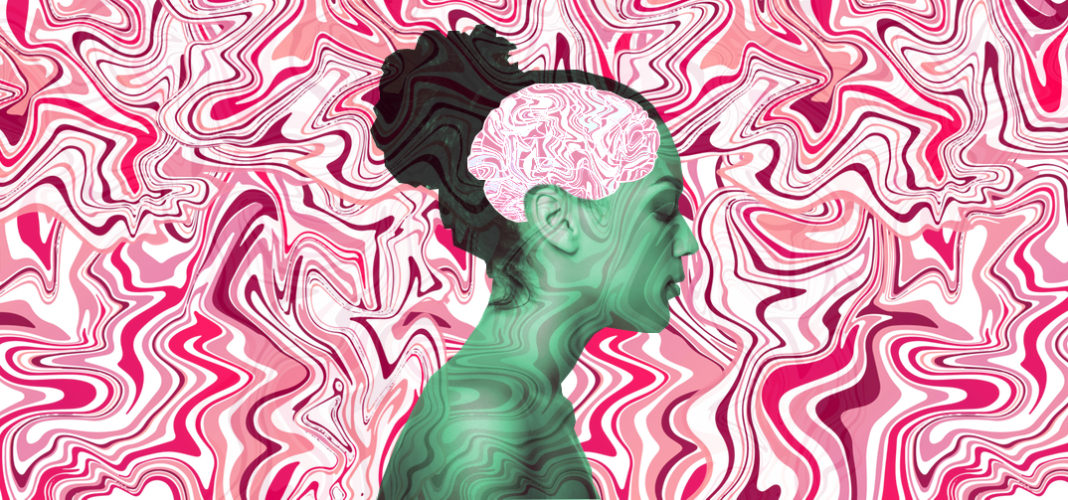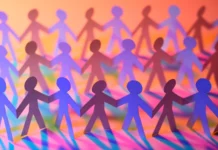“I am who I am.” I’ve heard this line from patients countless times. “You can’t teach an old dog new tricks” is another version. Regardless of the form it takes, these statements are based on the same flawed belief that our ability, skill, and character are set in stone.
The fixation of this mindset begins early. Society labels us, and we label ourselves. A child is told he is a good or a bad listener. A high school student thinks of herself as good or bad at math. These labels become even more entrenched in adulthood.
We are especially good at knowing what we are not. It’s not unusual to hear someone say one of the following:
“I’m not a morning person.”
“I don’t eat Chinese food.”
“I’m not good at relationships.”
“Sports aren’t for me.”
“I’m not an intellectual.”
“I don’t understand art.”
“I don’t read fiction.”
“I’m not the marrying kind.”
You get the idea. When we box ourselves in, we can know only what is. We eliminate what could be. Missing from these self-definitions is any possibility of growth or potential.
Not so long ago, scientists held a similar opinion about the brain. The prevailing belief was that the adult brain was completely formed, and unchangeable. The number of connections and neurons was thought to be finite. Any notion of brain change or growth was dismissed as science fiction.
New research shows this is not the case at all. In fact, the brain is far more malleable than once thought. It responds to changing environments and situations and continues to reorganize itself throughout the lifespan.
What happens to the brains of London taxi drivers is one of my favorite examples of brain change. Unlike cabbies in other cities, London cabbies are forced to learn by heart thousands of street names and routes in order to pass a notoriously difficult licensing exam, known as The Knowledge. It requires a tremendous amount of memorization, and researchers were curious about how all this learning affects the brain. Using brain scans, they found that the part of the taxi drivers’ brains associated with memory is significantly larger than the average person’s.
In the same way that the brain is changeable and capable of adapting, so are we. Skills can be learned, abilities can be developed, and character can be cultivated. When we adopt a growth mindset, we open ourselves up to possibilities and we explore our potential. As Carol Dweck, professor of psychology at Stanford University, writes in Mindset: The New Psychology of Success:
Although people may differ in every which way—in their initial talents and aptitudes, interests, or temperaments—everyone can change and grow through application and experience.
Bottom line: Change is not only possible, it is within reach.
Gandhi said it best:
Man often becomes what he believes himself to be. If I keep on saying to myself that I cannot do a certain thing, it is possible that I may end by really becoming incapable of doing it. On the contrary, if I have the belief that I can do it, I shall surely acquire the capacity to do it even if I may not have it at the beginning.
I wish you all the best,
Dr. Samantha Boardman






